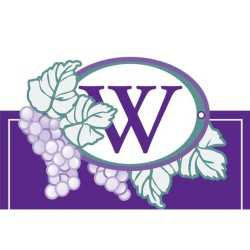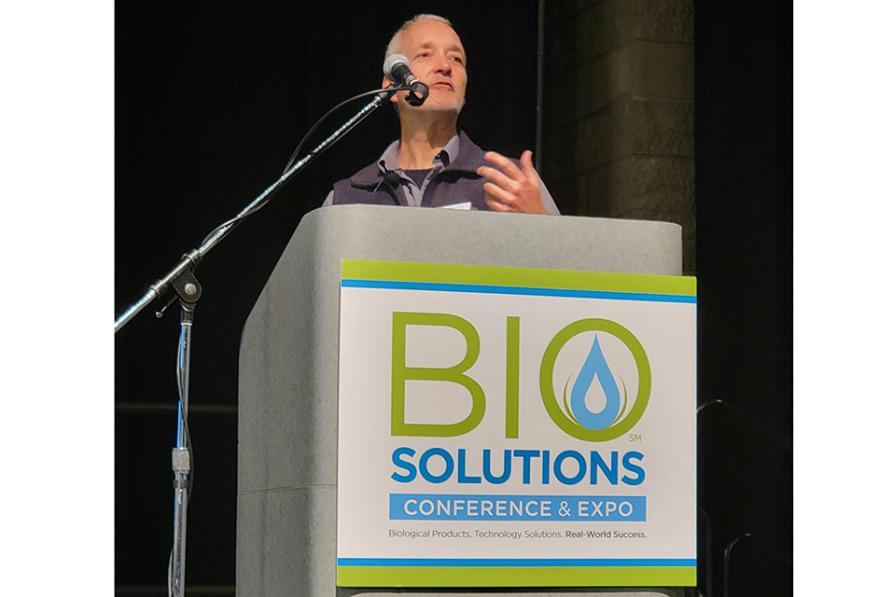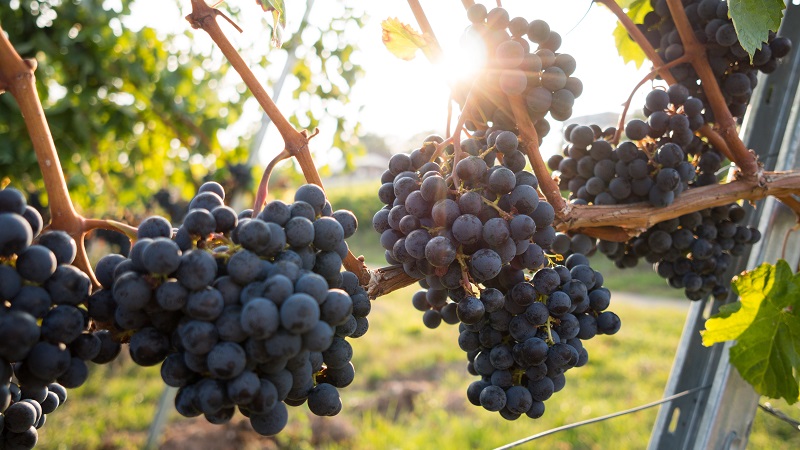Washington Winegrape Industry Invests In Future Education And Research

During this month’s annual meeting of the Washington Association of Wine Grape Growers (WAWGG) in Kennwick, Washington State University (WSU) President Elson S. Floyd delivered an in-person thank you to the state’s grape growers and wine makers for their $7.4 million commitment to support a new WSU Wine Science Center facility. He also reaffirmed the university’s long-term commitment to viticulture and enology education and research.
The state’s wine industry agreed late last year to generate the funds for the Wine Science Center through assessments levied on grape and wine production beginning with the 2011 harvest. The Washington State Wine Commission estimates it will collect the total amount over the next decade.
Addressing the 2012 annual meeting of the WAWGG, Floyd called the $7.4 million commitment “a giant step forward to assure that WSU and the industry have the facilities needed to engage in cutting-edge research and education to serve this important industry in the future.”
He also reaffirmed WSU’s role in supporting the industry. “Let me emphasize our long-term commitment to supporting the Washington wine industry from vineyard to glass with the very best teaching, research, and Extension we have to offer.”
Floyd noted the rich history of the WSU-wine industry partnership. “Together, we have made great strides in building one of the premiere viticulture and enology programs in the nation,” he said.
For example, a decade ago, only a handful of faculty members were working on wine-related research and education. Today, more than 30 WSU faculty members dedicate a significant share of their time to wine research and education.
A decade ago, there was no undergraduate degree in viticulture or enology, and only a very few facilities were dedicated to wine research. Today, a stand-alone viticulture and enology major is offered at Pullman and WSU Tri Cities, and nearly 50 students are enrolled. One hundred twenty students are enrolled in the two-year certificate programs WSU offers in both disciplines, and approximately 35 graduate students are working with researchers at Prosser, Pullman, and Tri Cities. WSU also has added critical research vineyards and wine research facility at its Irrigated Agriculture Research and Extension Center at Prosser.
The president promised to use new dollars from the industry with care and intention. ”We will make every effort to make certain that this contribution by the growers and wineries of our state will have the maximum impact into the future,” he said.
Ste. Michelle Wine Estates, Altria Invest In WSU Wine Science
In addition to WAWGG funding, a $1 million investment from Ste. Michelle Wine Estates and its parent company, Altria Group, Inc., will also support wine science programs at WSU.
The grant will support the Washington State University Viticulture and Enology program, particularly the research efforts that drive innovations and technology to ensure Washington wines remain economically, competitive, environmentally sustainable and of distinct, premium quality.
Ted Baseler, president and CEO of Ste. Michelle Wine Estates and chair of the WSU Board of Regents, said research and education are key ingredients to success in the international wine market.
“Burgundy, Bordeaux, Tuscany — no great wine region in the world succeeds without the support of a strong research university,” he said. “This gift supports the Washington wine industry’s premier research university and aligns with our companies’ focus on investing in high-impact educational programs. The strength of the programs reinforces the need for expanded facilities, such as the Wine Science Center in Richland.”
Thomas Henick-Kling, director of WSU’s viticulture and enology program, called the investment “a key commitment to filling the gaps we currently have in the program, and build our technology transfer capability to more quickly impact the success of the industry.”
“We’ll be able to do more of the research work in the winery and vineyards,” he added. “The growers will be able to see what works and use it.”
Another key component of the gift supporting research is a start-up package for the new analytical or “aroma” chemist WSU is hiring this year.
“The current lack of this expertise prevents complete analysis of the impact of various grape growing and wine making practices on wine flavor,” Henick-Kling said. “While state funds have been prioritized for this position’s salary and benefits, this support for the start-up package accelerates our ability to fill the position as soon as possible.”
The gift also will provide bridge support for the director of viticulture and enology, help fund a student challenge grant to build awareness of scholarship and graduate fellowship needs in the program, and provide for the development and implementation of a comprehensive marketing plan for WSU’s viticulture and enology programs to complement marketing efforts of Washington’s wine industry and WSU.
More information about the Wine Science Center and the WSU Campaign for Wine is available at http://winecampaign.org.










